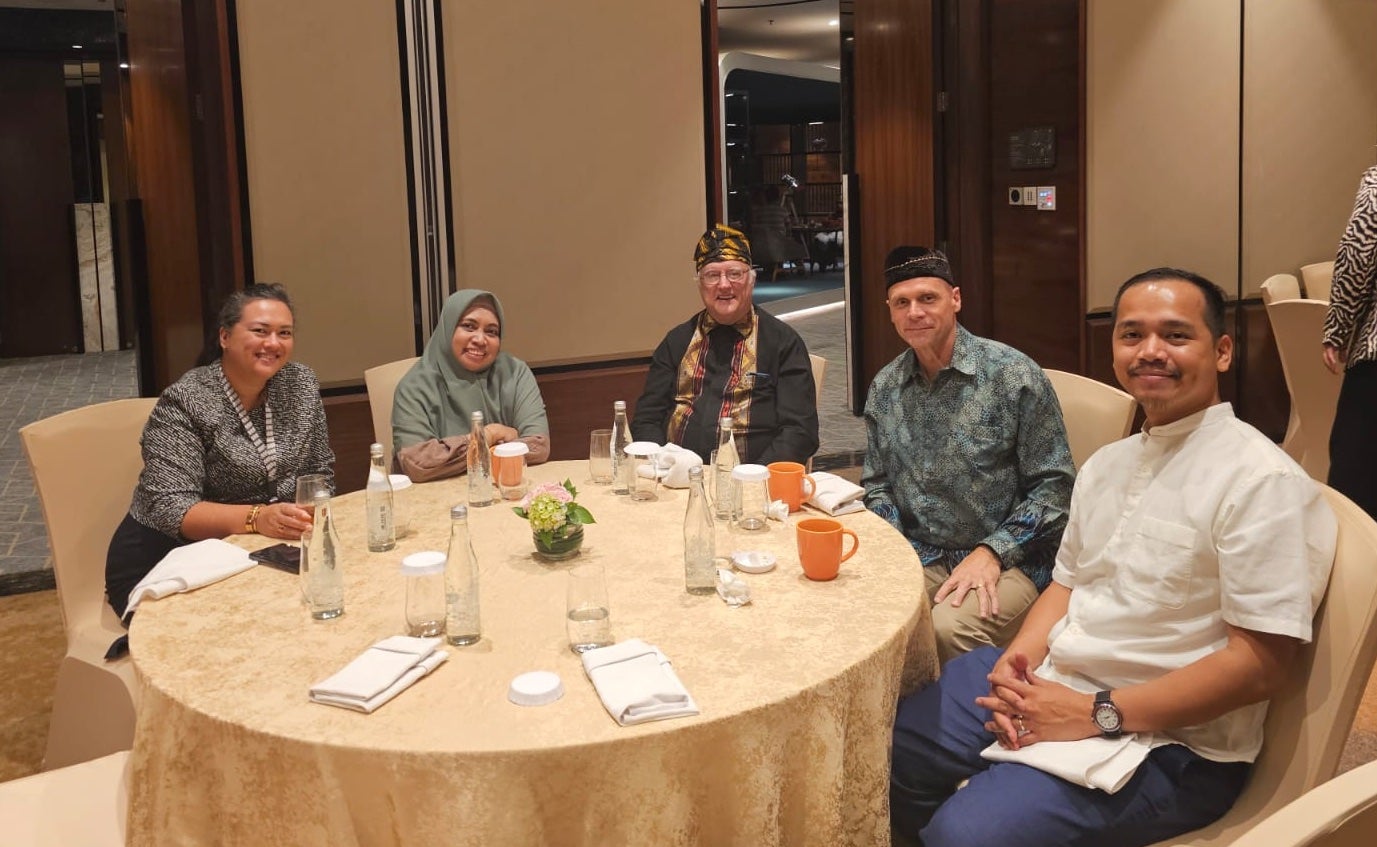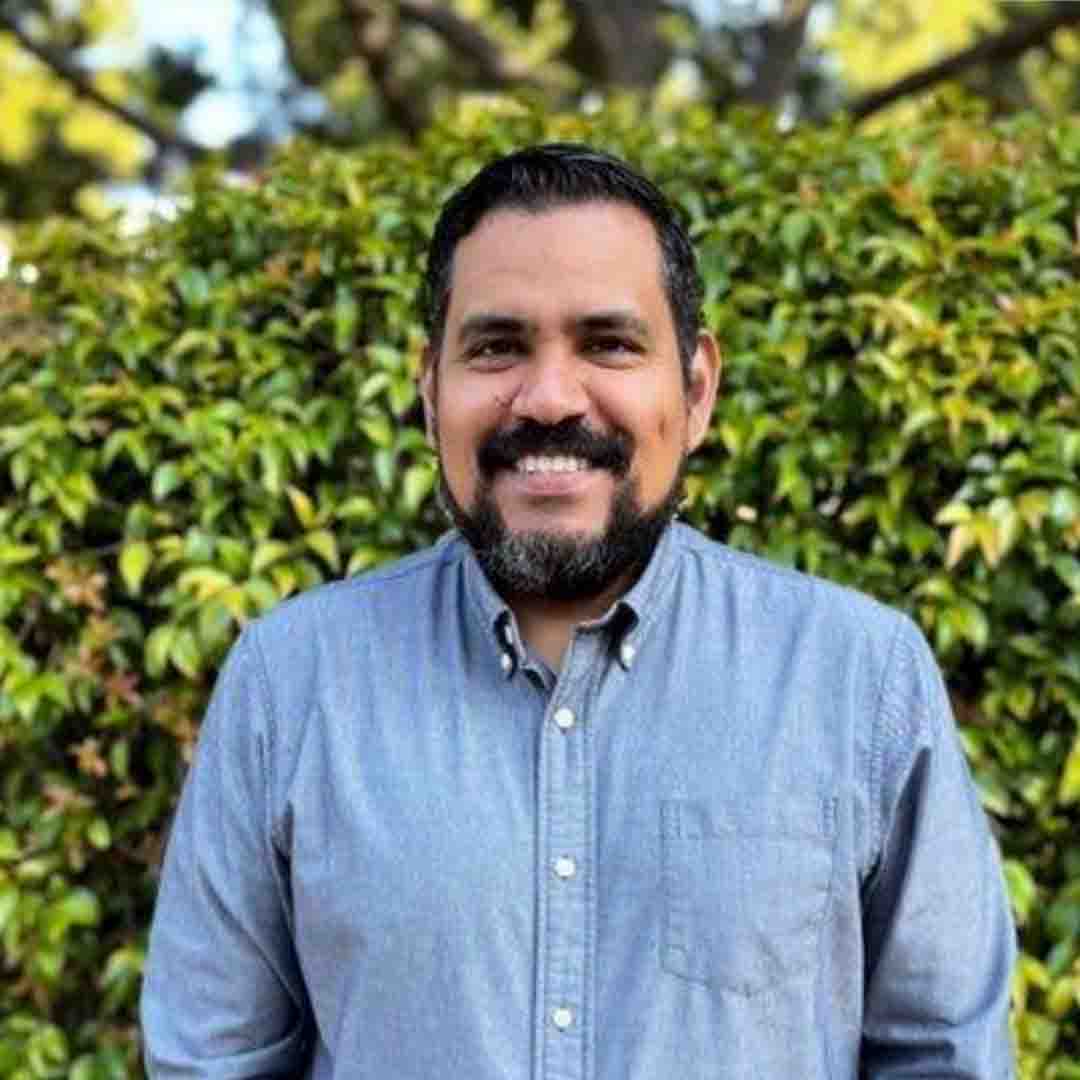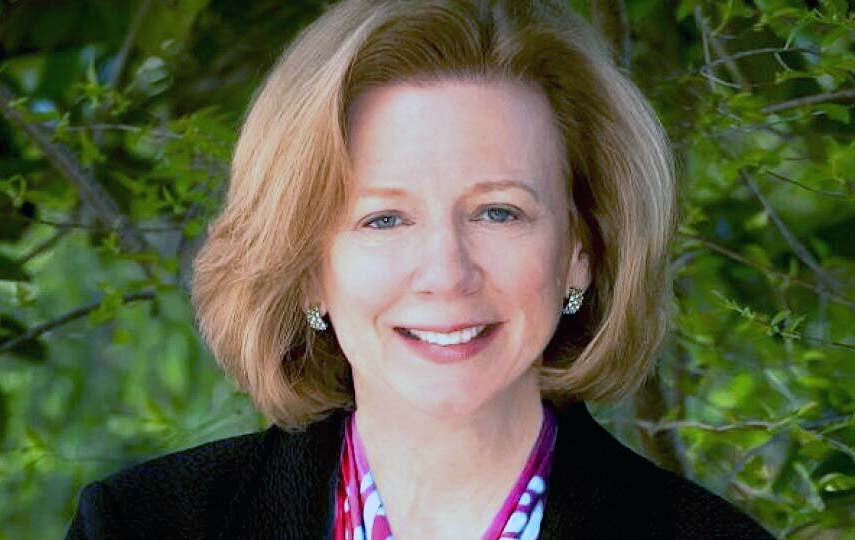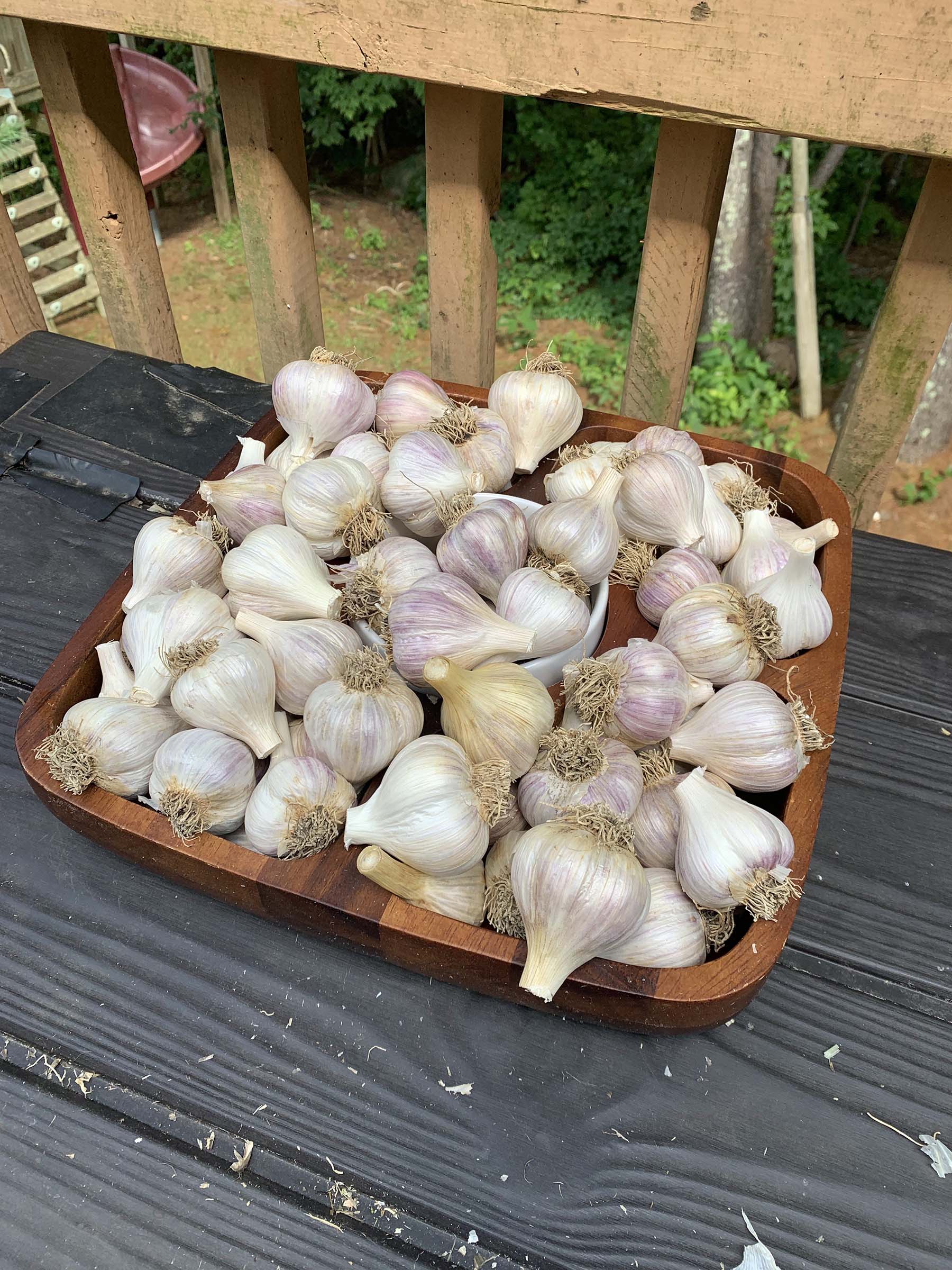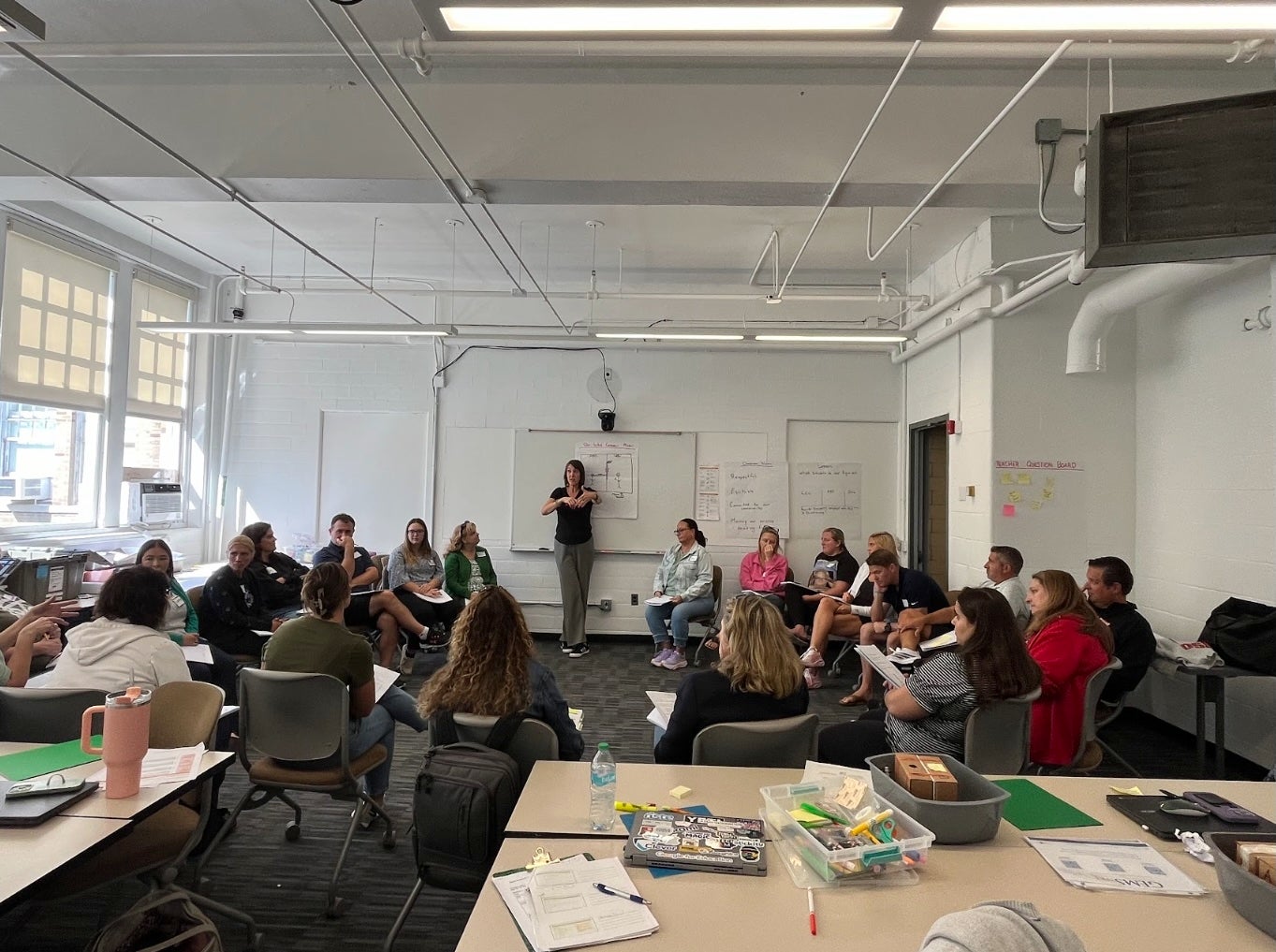A Rhode Island fisheries model for Asia-Pacific nations
KINGSTON, R.I. – Oct. 20, 2025 – Last month, a Rhode Island team of experts traveled to Indonesia to collaborate with representatives from Southeast Asian countries on sustainable fishery management. University of Rhode Island professor Michael A. Rice; Jason McNamee, Ph.D. ’18, deputy director of the Rhode Island Department of Environmental Management (DEM); and Maria Rice ’08, a legal expert in marine policy and lawyer with Rhode Island DEM, provided key expertise on data-sharing and science-based policies at the Asia-Pacific Economic Cooperation (APEC) forum.
Organized by the Indonesian Ministry of Marine Affairs and Fisheries in collaboration with Haluoleo University, the APEC forum focused on the regional management of small pelagic fish—different species of fish that migrate across national boundaries and are currently under-managed compared to high-profile species like tuna. The goal was to boost international coordination by creating digital data-sharing systems, as a first step toward regional cooperation.

Wa Iba, Ph.D. ’16, a former graduate student of Rice’s who is now a professor in Indonesia, played a central role in organizing the APEC forum and invited the Rhode Island-based team—the only representation from the United States—to participate in the summit.
Rice delivered the keynote address, framing the biological context of migratory fishes. As chair of URI’s Department of Fisheries, Animal and Veterinary Sciences, Rice has led a prolific career conducting fisheries research, advising local and international government agencies, and teaching about aquaculture both in Rhode Island and in Southeast Asia. “When Professor Iba asked me to participate in this forum,” he says, “I recognized immediately the need for data sharing among Southeast Asian nations is identical to the data sharing put into place by the Atlantic States, the U.S. federal government, the Canadian Atlantic Provinces, and the Canada Ministry of Fisheries and Oceans, and that a similar cooperative framework could be developed for their region.”
McNamee led a session on stock assessment and data-sharing, using the U.S. East Coast menhaden fishery as a case study. He showed how multiple jurisdictions successfully manage this shared resource through coordination and digital data systems, demonstrating how complex systems of governance and interstate coordination can work. These models, like adaptive ecosystem-based management, were presented as possible models for Southeast Asian countries developing their own regional frameworks.
“It was such a great experience to offer examples from the East Coast of the U.S. that I thought they might find interesting and relevant, but I was also impressed by how far along some of the nations were in developing their own systems,” says McNamee. “In particular, both Chile and Indonesia are either working on or already have robust and progressive systems to better manage their data streams.”
Maria Rice, Esq., presented on international legal frameworks, governance structures, and led a workshop on women in fisheries. A graduate of URI’s environmental and natural resource economics program, she has a background in international and environmental law and now advises DEM on marine fisheries and environmental regulations.
“Our participation in the APEC workshop reflected the strong partnership between the University of Rhode Island and the Department of Environmental Management in advancing sustainable fisheries management,” Maria Rice says. “Rhode Island’s experience shows how science, law, and community engagement can work together to build resilient ecosystems and coastal economies. It was inspiring to connect those lessons with the broader APEC community.”
The team’s multidisciplinary approach—covering practical applications of biology, data science, and law—helped guide the Southeast Asian nations in building cooperative frameworks focused on standardized data sharing and science-driven policies for sustainable fishery management.
Fisheries officials and academics from across the APEC region attended, including Australia, Brunei, Chile, China, Indonesia, Peru, the Philippines, Singapore, Taiwan, and Vietnam, as well as a diplomat from the Russian Embassy in Jakarta, Indonesia. A report on the workshop can be viewed here.
This story was written by Anna Gray in the College of the Environment and Life Sciences.
Latest All News
- URI Gender and Women’s Studies department to hold annual Roundtable for Black Feminist and Womanist Theory Nov. 6-8KINGSTON, R.I. – Oct. 22, 2025 – A new book on the famed African American abolitionist / writer Harriet Jacobs and the weaponization of Black feminism in academia are just two of the topics on the roster at the University of Rhode Island’s sixth annual Roundtable for Black Feminist and Womanist Theory. The three-day conference, led […]
- Community colleges the topic at Oct. 28 Honors ColloquiumKINGSTON, R.I. – Oct. 21, 2025 – Community colleges are often celebrated as engines of access and mobility. But behind the institutional curtains lie a more complicated story. In his talk at the University of Rhode Island’s 2025 Honors Colloquium, Eric Felix will share insights from a three-year research-practice partnership with equity leaders across 20 […]
- Seattle nursing dean, patient care expert to deliver URI College of Nursing’s Fall Distinguished LectureKINGSTON, R.I. — Oct. 21, 2025 — Kristen Swanson, dean and professor emerita at the Seattle University College of Nursing, will discuss “Caring—The Difference that Makes a Difference: From Discovery to Randomized Trials and Clinical Translation,” as part of the University of Rhode Island College of Nursing’s Fall Distinguished Lecture series. The lecture, scheduled for Thursday, […]
- Spooky suggestion: Get your garlic in the ground for Halloween!KINGSTON, R.I. – Oct. 21, 2025 – While gardeners across the region are closing up shop and putting away their gardening tools, University of Rhode Island Cooperative Extension Master Gardeners say fall is a great time of year to get some plants into the ground and plan for next year. Cooperative Extension’s Kate Hardesty, of […]
- Science teacher education program celebrating 30 years and new campus location with open house Oct. 29KINGSTON, R.I. – Oct. 20, 2025 – Teachers by nature are used to being on the move. But this fall, the office for one of the state’s premiere teacher professional learning programs has relocated from the University of Rhode Island’s Narragansett Bay Campus to its Kingston Campus. After building a strong foundation at the University’s […]
- From Track to Classroom: How one URI professor found his way from F1 to Engineering EducationKINGSTON, R.I. – Oct. 20, 2025 – This summer Apple’s blockbuster F1 movie defied expectation, earning more than $600 million at the box office against a $240 million budget and becoming Brad Pitt’s highest grossing film. Billed as a movie about an F1 legend who is coaxed out of retirement to mentor a young hotshot […]



